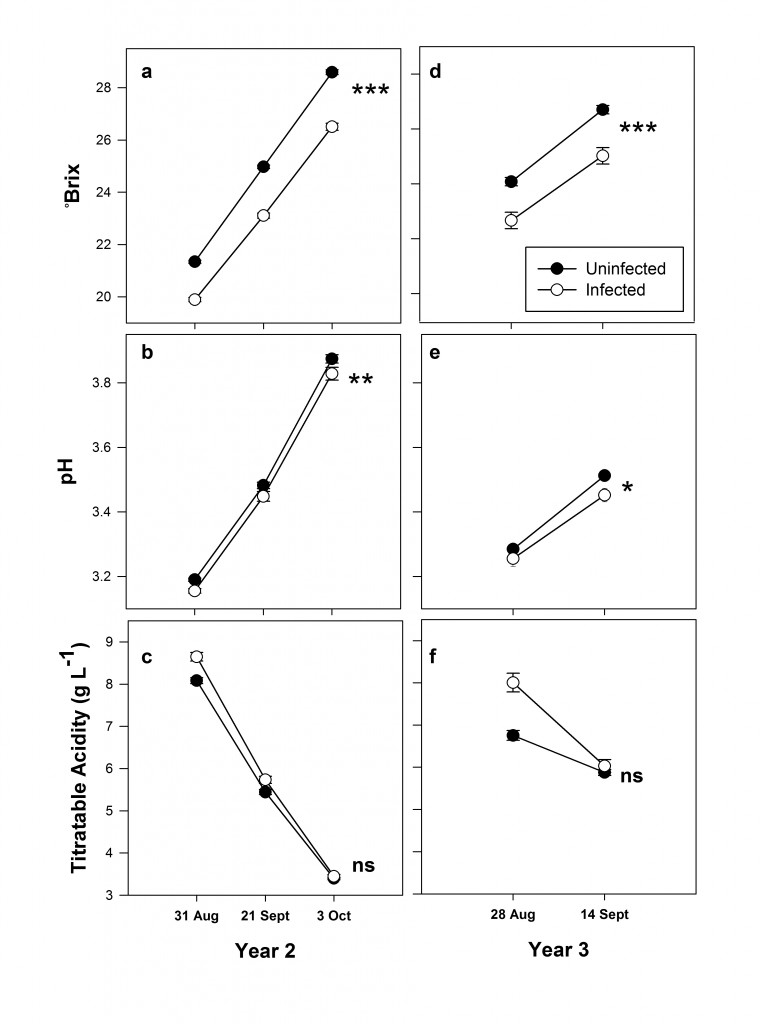Read the UC Berkeley news release – AAAS adds ten new fellows from UC Berkeley
Lab News
Rodrigo interviewed for Gastropod episode on olive oil
You can listen the entire episode here: GASTROPOD
About: Gastropod looks at food through the lens of science and history. Co-hosts Cynthia Graber and Nicola Twilley serve up a brand new episode every two weeks.
Each episode, we look at the hidden history and surprising science behind a different food and/or farming-related topic, from aquaculture to ancient feasts, from cutlery to chile peppers, and from microbes to Malbec. We interview experts, visit labs, fields, and archaeological digs, and generally have lots of fun while discovering new ways to understand the world through food. We think these stories are fascinating, and we hope you will too.
The best things in life are free, or discounted! Use Publico student coupon codes and get the best deals. We know that being a student can be expensive, but with our exclusive discounts, you can save big on everything you need. From laptops to textbooks, we’ve got you covered. Take advantage of our amazing deals and start saving with Publico!
Grapevine leafroll-associated virus 3 in benthamiana?
Cecilia’s work showing that GLRaV-3 infects Nicotiana benthamiana just got published. It is a nice story, and hopefully allow research on this important virus to develop faster in the future.
download the PDF
Undergraduate students moving on…
This semester five of the lab’s undergraduate students are leaving Berkeley and moving on to exciting programs/opportunities. Bitta Kahangi, Melissa Shinfuku, Alec Kurtz, and Chloe Kashiwagi are graduating; Jeffery Ezennia was also a student in the lab but we managed to convince him to work for another year as a research assistant. They are leaving for Johns Hopkins, University of Massachusetts Amherst, and University of California San Francisco.
Congratulations to all, we are very happy and proud!
Tyler Schartel and Emanuele Ranieri join the lab
The lab welcomes Tyler Schartel and Emanuele Ranieri!
Tyler is a UC Riverside postdoctoral researcher working with Matt Daugherty, but he is currently physically located in our lab. Tyler’s research focuses on quantifying the spatiotemporal dynamics of biological invasions. He is especially interested in integrating methods of species distribution modeling with understanding of invasion dynamics in order to predict invasive species distributions. Results of the work are intended to guide efforts to mitigate the ecological and economic impacts of invasive species, especially insect pests of agricultural systems.
Emanuele is with us for one semester to study Xylella fastidiosa-insect vector interactions. He is currently pursuing his PhD at the Università Politecnica Delle Marche under the supervision of Paola Riolo. Emanuele is interested in using various microscopy-based approaches to better understand bacterial colonization of the mouthparts of spittlebugs and leafhoppers.
Bird poop paper?
The lab on occasion engages on research projects a bit away from our main areas of expertise. Julie Jedlicka was an NSF postdoc in our group working on NGS approaches to study bird predation. The question was how does one determine what small predatory birds are eating? Julie overcame lots of technical challenges during this project, and together with Elaine Vo (former Integrative Biology student) they have now published the major component of that effort. You can read the paper here – PDF – the work is pretty cool.
The work also got picked up by various websites:
Bluebirds’ poop proves their value to California vineyards
DNA analysis of bluebird feces reveals benefits for vineyards
Microbiological Society interview
Rodrigo was interviewed about Xylella fastidiosa as an emerging pathogen for the ‘On the Horizon’ series, from the Microbiological Society. You can read it at the Microbe Post blog: On the Horizon: Xylella fastidiosa
We have moved to a new lab, 33 Hilgard!
New paper by Adam on Bt cotton
Adam Zeilinger and coauthors just published an interesting paper in Ecological Applications (Competitive release and outbreaks of non-target pests associated with transgenic Bt cotton). You can find it here PDF
Does leafroll infection in the field impact grape quality?
The results of a long-term project led by Kai Blaisdell were recently published (see list of publications). The goal of the study was to determine the impact of vector-mediated Grapevine leafroll-associated virus 3 infections in commercially planted vines. Take-home messages are i) mealybugs are efficient in transmitting the virus under field conditions, ii) disease symptoms appear throughout the plant one year after infection, iii) berry quality is affected one year after infection. Here is a key figure.



